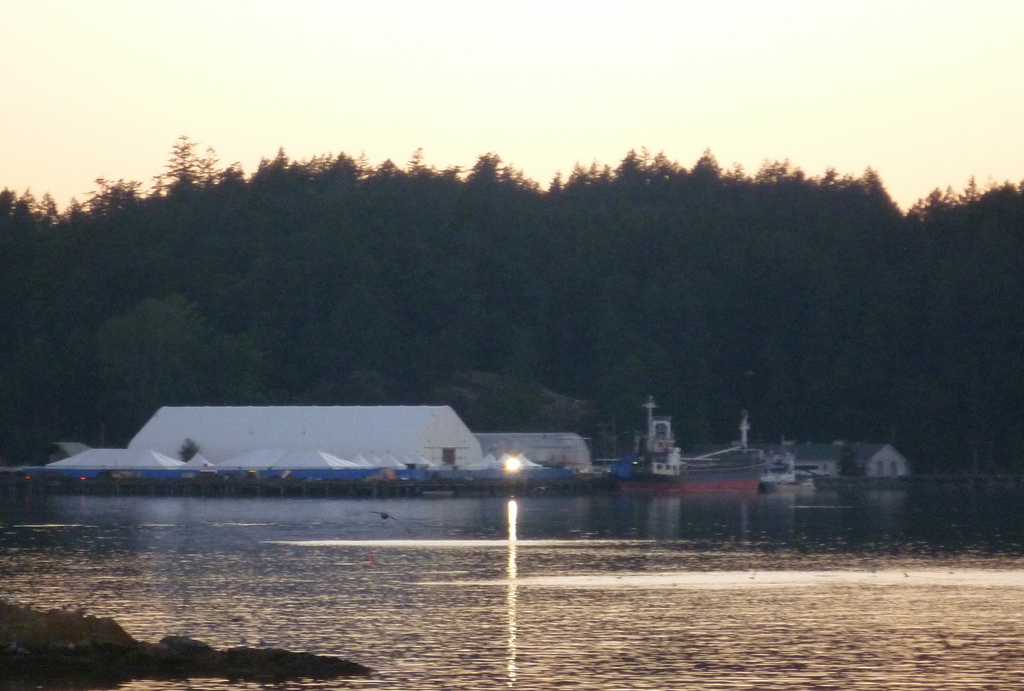Canadian Immigration Lawyers Mark Anniversary of 2010 Event that Changed Everything
It was a moment that no Canadian immigration lawyer is likely to soon forget: August 12, 2015 marked the five-year anniversary of the interception of the MV Sun Sea—a ship carrying 492 Sri Lankans seeking asylum in Canada’s borders. The incident was used as a scapegoat to justify sweeping reforms to the immigration system in Canada, and particularly the way our country deals with refugees. Access to Canada gradually became more restrictive than it had ever been before, beginning with the government’s handling of these 492 Sri Lankan people.
British Columbia-based refugee lawyer Gabriel Chand represented some of the asylum seekers that came on the MV Sun Sea. Most were granted refugee status, but two of his clients were denied—and one of them faced imprisonment, torture, and eventually murder upon their return to Sri Lanka. If nothing else, this failure on the part of our immigration officials serves as a counterargument by Canadian immigration lawyers against the overhauled system.
Under the new system, claimants and refugee lawyers have only 45 days to prove the legitimacy of a claim, decreased from the previously allotted six months. Even with the aid of a competent Canadian immigration lawyer, this can prove exceptionally difficult, especially when it requires proof that is nearly inaccessible across international boundaries.
Another consequence of the MV Sun Sea is policy that deems certain refugees as “irregular arrivals.” An irregular arrival is any that happens through any means other than what is considered typical when entering a country—but in situations of duress, may be the only way possible. A victim of political or religious persecution may face death or detainment in their home country when attempting to flee for their safety, or may have had their passport taken away. However, by failing to arrive at Canada’s borders in a more “usual” fashion, they will face up to a year of imprisonment, and if their claim is accepted, they will be barred from sponsoring family members or applying for permanent residency for five years.
Despite the difficulties faced by refugees in Canada over the past five years, there has been some good news recently. The “Designated Countries of Origin” policy, which stripped claimants from “safe” countries of their right to appeal (overlooking the fact that certain minority groups were being attacked or oppressed in several of these countries) was deemed unconstitutional by Canada’s Federal Court—a victory for claimants and refugee lawyers alike. However, there is still a long way to go, and the current federal election has put the case for health benefits for refugees—which the Conservatives have stripped as an “anti-fraud” measure—on hold until at least after October 19th, 2015.
Regardless of what the future holds for immigration policy in our country, Canadian immigration lawyers will continue protecting the rights of immigrants, refugees, and all others who come to our shores.
Share this article
Arghavan Gerami
Arghavan Gerami is the Founder and Senior Counsel at Gerami Law Professional Corporation ('PC'), a full-service immigration law firm in Ottawa, Ontario. Since 2011, Ms. Gerami has focused her practice on immigration and refugee litigation. Prior to that, Ms. Gerami worked at the Ministry of Attorney General and the Department of Justice and had the privilege of serving the Honourable Mr. Justice M. Evans at the Federal Court of Appeal on immigration and administrative law appeals. Ms. Gerami contributes to the Immigration Law Section of the Canadian Bar Association, the Canadian Association of Refugee Lawyers, and the United Nations High Commissioner for Refugees. Ms. Gerami has also published numerous journal articles and presented at various immigration and refugee law conferences and events across Canada.

